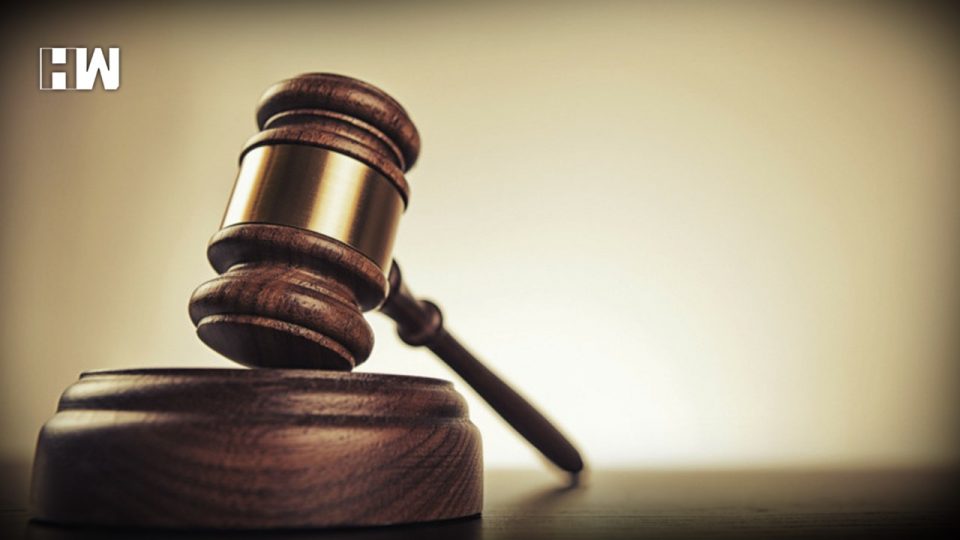New Delhi | Uttar Pradesh, followed by Kerala, topped the list of states where the maximum number of cases was registered for gay sex under Section 377 of the Indian Penal Code (IPC), which was partly struck down by the Supreme Court last week.
Altogether, 4,690 cases were registered between 2014 and 2016 under Section 377, which criminalised sexual activities “against the order of nature”.
According to the National Crime Records Bureau (NCRB), as many as 2,195 gay sex cases were registered under Section 377 in 2016, 1,347 in 2015 and 1,148 cases in 2014. Uttar Pradesh topped the list in 2016, with 999 such cases, followed by Kerala 207. In Delhi, 183 cases were registered under Section 377 and in Maharashtra 170 such cases were registered.
According to the NCRB data, in 2015, the highest number of cases under Section 377 was registered in Uttar Pradesh at 239. In 2015, Kerala and Maharashtra registered 159 gay sex cases each, Haryana saw 111 cases and Punjab registered 81 such cases. However, among the 1,347 cases registered in the country in 2015, in 814 cases, the victims were children. Among these 814 cases, 179 were in Uttar Pradesh, 142 in Kerala, 116 in Maharashtra and 63 in Haryana.
Those accused of consensual gay sex and facing trial or whose petitions are under review can breath easy now as the Supreme Court’s September 6 verdict, decriminalising part of Section 377 of the IPC, gives them a ray of hope, Home Ministry officials said.
The five-judge constitution bench’s order has made it clear that it can be relied upon in all the pending consensual gay sex cases whether they are at the trial, appellate or revisional stages, one of the officials said. However, in the cases where the victims were minors, the relief is unlikely to come easily.
In the consensual gay sex cases, the apex court judgment is a big victory for the accused as they can now cite the order and get relief from the court, he added. The trial is expected to be called off once the Supreme Court order is mentioned before a judge hearing such a case where there were involvements of consensual adults, the official said.
The five-judge constitution bench, headed by Chief Justice Dipak Misra, had unanimously held that the members of the Lesbian, Gay, Bisexual, Transgender and Queer (LGBTQ) community possess the same constitutional rights as other citizens of the country.
In its order, the apex court said, “The declaration of the aforesaid reading down of Section 377 shall not, however, lead to the reopening of any concluded prosecutions, but can certainly be relied upon in all pending matters, whether they are at the trial, appellate, or revisional stages.” It also said Section 377 of the IPC will continue to govern non-consensual sexual acts against adults and all acts of carnal intercourse against minors, besides acts of bestiality.
As an independent media platform, we do not take advertisements from governments and corporate houses. It is you, our readers, who have supported us on our journey to do honest and unbiased journalism. Please contribute, so that we can continue to do the same in future.

